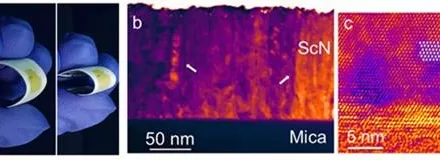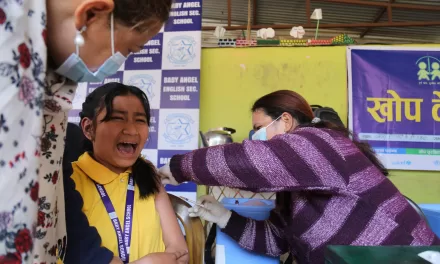New York, February 4, 2025 – Women who give birth to twins are at twice the risk of developing heart disease compared to those with singleton births, according to a recent study published in the European Heart Journal.
The research, conducted by Rutgers University in the US, found that mothers of twins face a significantly higher risk of hospitalization due to cardiovascular disease within a year of childbirth. The study further highlighted that the risk is even greater among women who experienced high blood pressure during pregnancy, a condition known as preeclampsia.
“The maternal heart works harder for twin pregnancies than for singleton pregnancies, and it takes weeks for the maternal heart to return to its pre-pregnancy state,” said Dr. Ruby Lin, the study’s lead author and a maternal-foetal medicine fellow at Rutgers Robert Wood Johnson Medical School.
The findings are particularly significant given the rising global rates of twin pregnancies, largely driven by fertility treatments and an increase in maternal age.
Key Findings from the Study
The researchers analyzed data from 36 million hospital deliveries in the United States between 2010 and 2020. The study revealed that readmissions for cardiovascular disease were significantly higher among women with twin pregnancies (1,105.4 per 100,000 deliveries) compared to those with singleton pregnancies (734.1 per 100,000 deliveries).
Additionally, women carrying twins who had normal blood pressure during pregnancy were still twice as likely to be hospitalized with cardiovascular disease as those with singleton pregnancies and normal blood pressure. For women who had twin pregnancies complicated by high blood pressure, the risk of hospitalization due to heart disease was more than eight times higher than those with singleton pregnancies and normal blood pressure.
Interestingly, the study also found that, one year after birth, deaths from any cause—including heart disease—were higher among women with singleton pregnancies who had high blood pressure compared to those with twin pregnancies and high blood pressure. This suggests that while the short-term risk is greater for mothers of twins, other underlying cardiovascular factors may pose a long-term risk to mothers of singletons.
Implications for Maternal Health
Dr. Lin emphasized that patients undergoing fertility treatments, especially those with risk factors such as advanced age, obesity, diabetes, high blood pressure, or heart disease, should be informed about the increased risk associated with twin pregnancies.
Healthcare providers are also urged to continue postpartum follow-ups for up to a year, particularly for high-risk pregnancies, to monitor and manage potential cardiovascular complications.
Disclaimer
This article is based on a scientific study and is intended for informational purposes only. It does not constitute medical advice. Readers are encouraged to consult with healthcare professionals for personalized guidance and care related to pregnancy and heart health.











